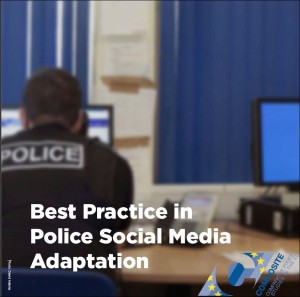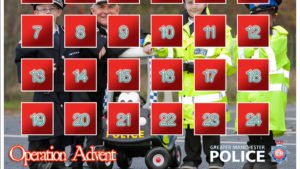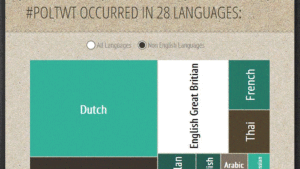The iPlod generation is growing all the time
There was a bit of a backlash against the police use of social media, particularly Twitter, towards the end of 2012 with many of us feeling that @J_amesP was unfairly picked on.
We wish him well in 2013, but it’s clear that although police services and the CPS may be re-drawing the boundaries on what is acceptable on social media, the number of serving police officers using social media in their work will continue to grow.
This makes the publication of a new report on police use of social media in Europe from COMPOSITE very timely.
The Study
COMPOSITE (Comporative Police Studies in the European Union) is a research project part-funded by the European Commission which focuses on organisational change in police services across the EU.
A range of organisations studied the adoption of social media by police in Belgium, the Czech Republic, France, Germany, Italy, Macedonia, the Netherlands, Romania, Spain and the UK.
The introduction to the study notes the rapid uptake in new media:
- It took radio 38 years to reach 50 million listeners.
- Terrestrial TV took 13 years to reach 50 million users.
- The Internet took four years to reach 50 million users.
- In less than nine months, Facebook added 100 million users.
The research team found that police use of social media varied considerably from country to country.
Methodology
The main methods used to collect information on police social media practice was a range of workshops, focus groups, seminars and conferences.
The study was also based by a substantial study into the use of Twitter during the English riots of 2011 when the research team analysed all the tweets sent by the Metropolitan and Greater Manchester Police Services during that five day period as well as most of the tweets sent by members of the public to the police in London & Manchester.
Findings
The report’s findings are of particular interest to a British audience because they are based on different approaches to social media across Europe bolstered by an additional focus on the UK because of the riots study.
The researchers identified nine key themes:
- Social media as a source of criminal information
- Having a voice in social media
- Social media to push information
- Social media to leverage the Wisdom of the Crowd
- Social media to interact with the public
- Social media for community policing
- Social media to show the human side of policing
- Social media to support police IT infrastructure
- Social media for efficient policing
In my views their findings, backed up by examples of police social media practice in different countries, are sufficiently interesting to merit a blog post on each of the nine themes.








